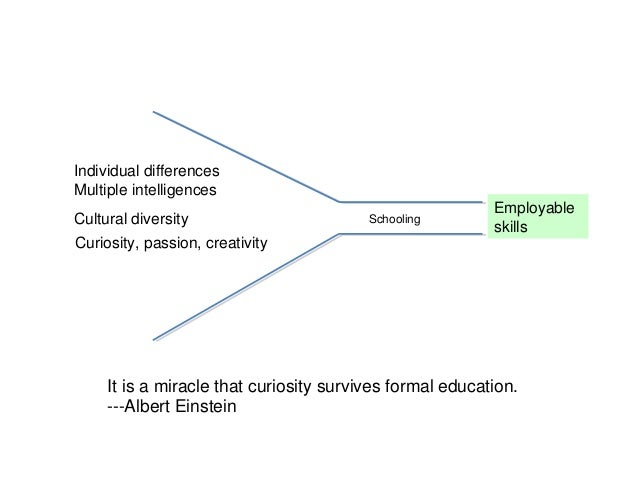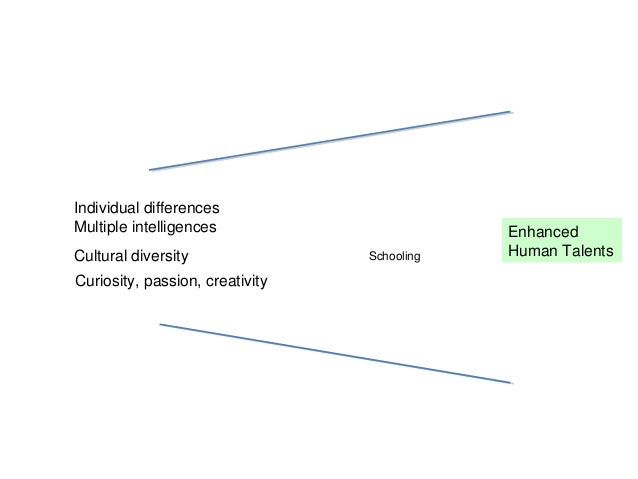There is a lot to be learned from our 7 weeks of 'learning from home', and the ether is alive with speculation on what education might look like as we come out of our home learning time. There are lots of ideas and opinions out there, but the trend I think I see (one which fits with my own thinking about 'undergraduate and postgraduate' models) is that our desirable next state might be a blended environment in which students mix face to face/synchronous/relational time with online/distance/asynchronous time.
Of course what perhaps matters more than anything right now to to gather the voices of the key stakeholders or participants in this whole education thing. In common with (probably) every other kura in th country e are planning on gathering that voice, to hear what our whānau, our students, and our teachers all think. I think tis will be a largely qualitative data gathering exercise, one in hich we need to be quite deliberate and intentional in our work.
It was fantastic to receive, entirely unsolicited, this email from a Mum of one of our junior boys. It is copied here with permission, with anonymity preserved.
Of course what perhaps matters more than anything right now to to gather the voices of the key stakeholders or participants in this whole education thing. In common with (probably) every other kura in th country e are planning on gathering that voice, to hear what our whānau, our students, and our teachers all think. I think tis will be a largely qualitative data gathering exercise, one in hich we need to be quite deliberate and intentional in our work.
It was fantastic to receive, entirely unsolicited, this email from a Mum of one of our junior boys. It is copied here with permission, with anonymity preserved.
I am writing in regard to my concerns of XXXX returning to school.
While being home & doing the online work, I have been able to see firsthand how he works & I must say I was & wasn’t shocked.
XXXX as we know is not a fan of school (never has been) due to struggling, being overwhelmed by the work and he just doesn’t enjoy it. Hands on work however is a difference matter entirely as we know!
I noticed with the online work he was more engaged and interested in the work. He also got the work done. Not completely (math’s) but he did it.
I asked XXXX how he enjoyed this work. He replied with its more interesting for me and I also don’t have the feeling of having to get it all done in one period.
With this is mind I was wondering if there was a way that we could incorporate something similar for XXXX while at school. Meaning he doesn’t feel the overwhelming feeling. When he gets that he shuts down, becomes uninterested and the work & lesson is wasted on him.
..... as you know he has been like this all the way thru school and we only want him to do his best.
I will be the first to admit he could try harder at school & we have told him that.
We are concerned considering he only has a few years left at school before he can leave & it terrifies us that he will leave with not education or qualifications.
I would love to be able to discuss this with you asap as XXXX is really not interested in returning on Monday (which he will be) and already that is a wall going up.
Now, don't get me wrong. At the moment I don't think there is one single answer to how we might want our kura to evolve, but I do think there is a pretty strong mandate for some of our students at least to have greater agency in their learning. This Mum's email brought me straight back to the writing of Young Zhao, an educator of whom I hold the highest opinion, a theorist and a pragmatist (I don't think that's a contradiction in terms?), a voice of moral and educational commonsense.
Source: http://zhaolearning.com/
In a great lecture/slide show titled "Redefining Excellence" he described our current system in this way:


Huh? That is, we need to stop constricting students' thinking and creativity, we need to celebrate and support growing divergence. We don't need more people who think the same, we need more people who think differently. This doesn't happen when we push students into boxes, it doesn't happen when we try to force students into the SAME box. It happens when we allow students to be themselves - culturally, intellectually, emotionally.
Our job is to allow students to be themselves more than ever before. The question in most peoples' minds I suspect is not should we, but HOW do we? What does this look like on the ground within our kura on a daily basis? I think it will look different from kura to kura, but what do we think will be the general trends? Here's my speculation:
- More flexibility in time, with kura timetabled in a different way to what we have been used to
- A blend of face to face and online learning, requiring a redefinition from the Ministry on what constitutes attendance
- More time spent allowing students to pursue their passions, meaning that at senior level in particular our key task is to attach assessment to work and learning, not the other way around
- Less didactic 'lecturing from the front', but acknowledging that the power of direct teaching, of deliberate acts of teaching, should never be lost
- An imperative for schools to ensure that they have a clear pedagogy around how we cause learning, both face to face and distance. My suspicion is that when you ask educators what their underlying pedagogy is, they will give you a blank stare. Last year I challenged a class of teaching grads with that very question, and saw far too many of those blank stares for my own liking. In this regard our work with Manaiakalani leaves us well placed with our 'Learn Create Share' pedagogy, leveraging the affordances of digital technology. The underlying factors of distance learning have been through our work with Manaiakalani
If we accept Yong Zhao's view (clearly I do), then the need to promote a focus on creativity is vital. Our Hornby High School vision 'A centre of creative excellence' captures the essence of Yong Zhao's philosophy of developing human diversity, not constraining it. It is more important, and more urgent, than ever that we drive ahead with this work.
I want to hear at least some of the many voices on this. What is your view? To our community, to our students, to our staff, what do you think? Does this truly sound like, look like, feel like, the sort of educational future that you want for your tamariki, for your whānau, for our communities, for our nation of Aotearoa New Zealand? And are you with me on this?
Robin Sutton
Tumuaki
I am with you Robin. Yong Zhao presented at a seminar at Christs a few years ago I think and he was really fascinating. Whether anything has changed since then though is debatable. Loved the letter. Lead the charge - I look forward to reading thoughts from real educators at the coal face.
ReplyDeleteNeil
DeleteYep.. I think CWCSPA attended that hour? That's where I was first exposed to his thinking.. LOVE it. Been inspired by him ever since. Thanks for commenting
Malo Robin, thanks for sharing your wisdom once again. You highlight many pertinent points ... I agree with the blended enviroinment, in fact, one of our teachers is beginning a similar strategy when our children return F2F this week. They have observed the power of distance learning and wish to harness this practice F2F. How do we do this? ... you ask a great question! As leaders, we have a duty to answer this question ... and quickly! We need to talk ...
ReplyDeleteI echo your thoughts entirely. In speaking with my L1 and L3 students today on this very topic, many indicated that they would like to continue with mix of online and in class teaching and learning. Preepmting this, I spent considerable time over the past 2 weeks revamping my lesson plans for term 2. The student friendly versions have embedded videos, notes, activities, challenges, exemplars and more. I have received very positive feedback from my students and they wish to continue in this fashion. When I asked why, I was not surprised to hear that they felt more empowered to learn at their own pace at the time that suited their personality/lifestyle. Personally, I'm hopeless in the late afternoon but some students complete their school work during late evening, my daughter included. Some students lack the maturity and skills to manage their learning.... I wonder why! So, we spoke about how flexible we can be in the current school system, with dedicated time slots, limited chrome books (due to many being loaned) etc. We are currently co-constructing a learning environment based on what we have all learnt about ourselves during lockdown. What does this sound like? On-topic chatter, students learning from one another, asking and answering open questions. Look like:smiles, concentration, focus, laughing, productive,
ReplyDeletesatisfaction, light bulb moments. Feel like: positive vibe, warm fuzzzies, dynamic, sustainable, supported, shared power, respect for all.
Our current education systems are so outdated. They bring frustrations for students and teachers alike. No wonder teachers burn out so quickly. Change is needed urgently.
Ceri
ReplyDeleteWhat an awesome response, e pai ana. I absolutely agree that change is needed, urgently. Never waste a good crisis. How would you restructure the 'school; day', if such a thing were to even exist anymore?
Kia tau te mauri
Robin
My empirical data from our ākonga on whether personalised, self-directed learning whilst harnessing the affordances of technology shows, without a doubt, that students are so much more engaged in learning when the locus of control is given to them. How exciting that we are all heading in the right direction to better enable our students for 21st Century learning and living?! And I think you hit the nail on the head by noting that it should be the learning leading the assessment and not the other way around. Tino pai!
ReplyDelete